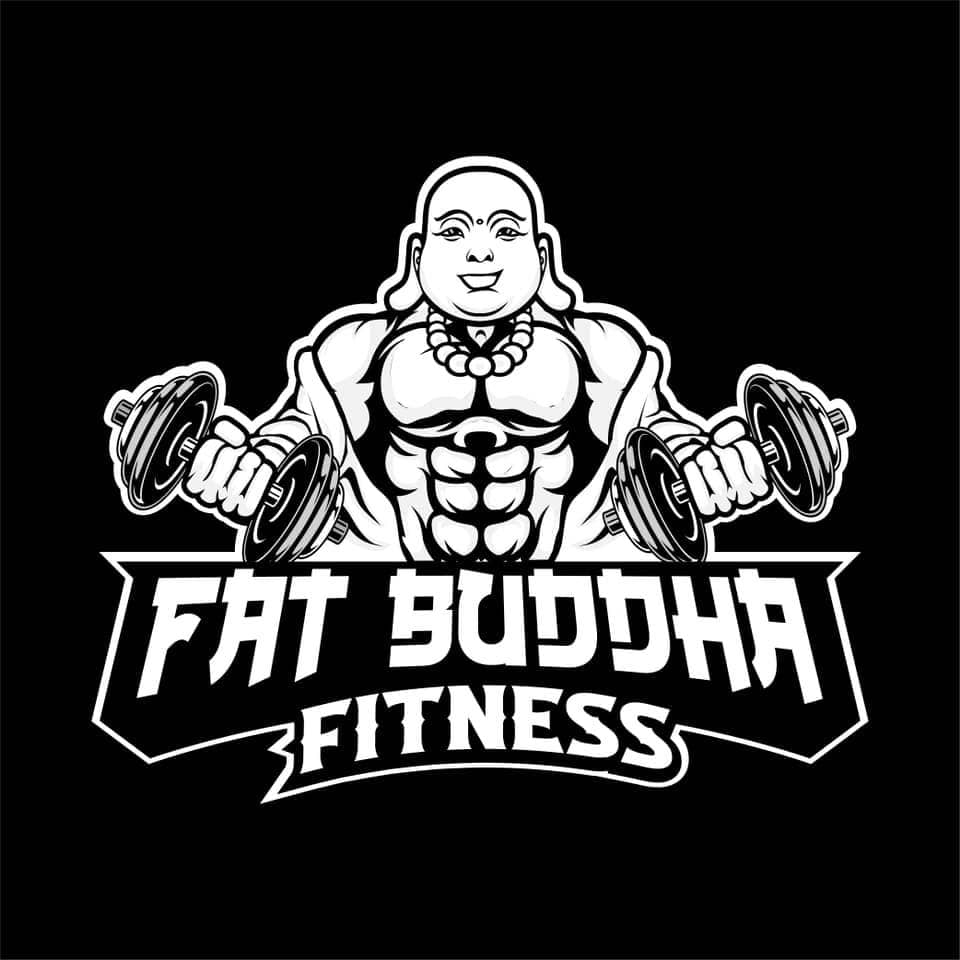
Introduction:
The ketogenic diet, or keto diet as it is commonly known, is a low-carb, high-fat diet that has gained popularity in recent years, with many people claiming that it has helped them lose weight and improve their overall health. However, before you decide to jump onto the keto bandwagon, it is important to understand what the diet entails and whether it is suitable for your body. In this post, we will be answering some frequently asked questions about the keto diet and shed some light on why it may be important to seek medical advice before embarking on this diet plan.
What is the Keto Diet?
The keto diet is a low-carbohydrate, high-fat diet that is designed to induce a state of ketosis in the body. This means that your body will start burning fat for energy instead of carbohydrates, which leads to weight loss. The keto diet typically restricts carbohydrate intake to less than 50 grams per day and encourages the consumption of healthy fats, such as avocados, nuts, and olive oil.
What are the Benefits of the Keto Diet?
Aside from weight loss, the keto diet has been associated with a range of health benefits including better blood sugar control, improved mental focus, and increased energy levels. Some studies have also suggested that the keto diet may be beneficial for people with certain medical conditions, such as epilepsy and type 2 diabetes.
What are the Risks of the Keto Diet?
While the keto diet may offer numerous benefits, it is important to note that it may not be suitable for everyone. The diet can be quite restrictive and may lead to nutrient deficiencies if not properly planned. Additionally, some people may experience side effects such as fatigue, constipation, and bad breath when transitioning to a low-carb diet. It is recommended that anyone considering the keto diet speak with their health care provider before starting the diet.
Who Should Avoid the Keto Diet?
The keto diet may not be appropriate for individuals with certain medical conditions, such as liver disease or pancreatitis. Pregnant and breastfeeding women should also avoid the keto diet as it may lead to nutrient deficiencies for both the mother and the baby. People with a history of disordered eating should also avoid the diet as it may trigger or exacerbate unhealthy eating behaviors.
How to Get Started with the Keto Diet?
If you have decided to proceed with the keto diet, it is important to do so carefully and with proper guidance. This may involve working with a registered dietitian to develop a customized meal plan, as well as monitoring your blood sugar levels and ketone levels. It is also important to stay hydrated and focus on consuming nutrient-dense foods that can provide your body with the vitamins and minerals it needs.
Conclusion:
In conclusion, the keto diet can be a powerful tool for weight loss and improving overall health, but it is important to approach it with caution and understand the potential risks and benefits. By working with a healthcare professional and taking the time to educate yourself on the basics of the diet, you can make informed decisions about whether the keto diet is right for you. Remember, the key to any successful dietary change is to be patient, consistent, and listen to your body’s unique needs and responses.
